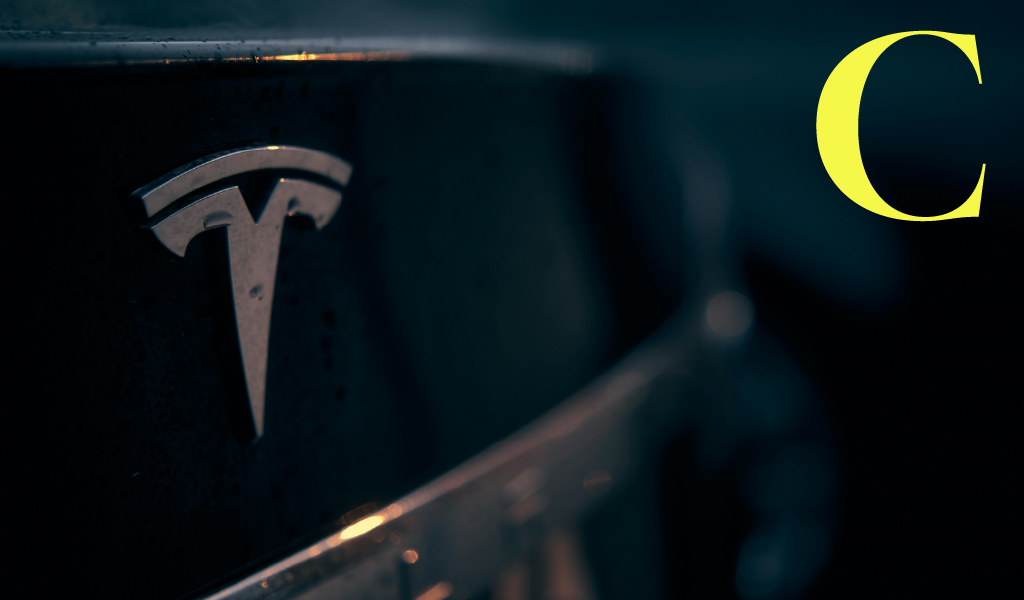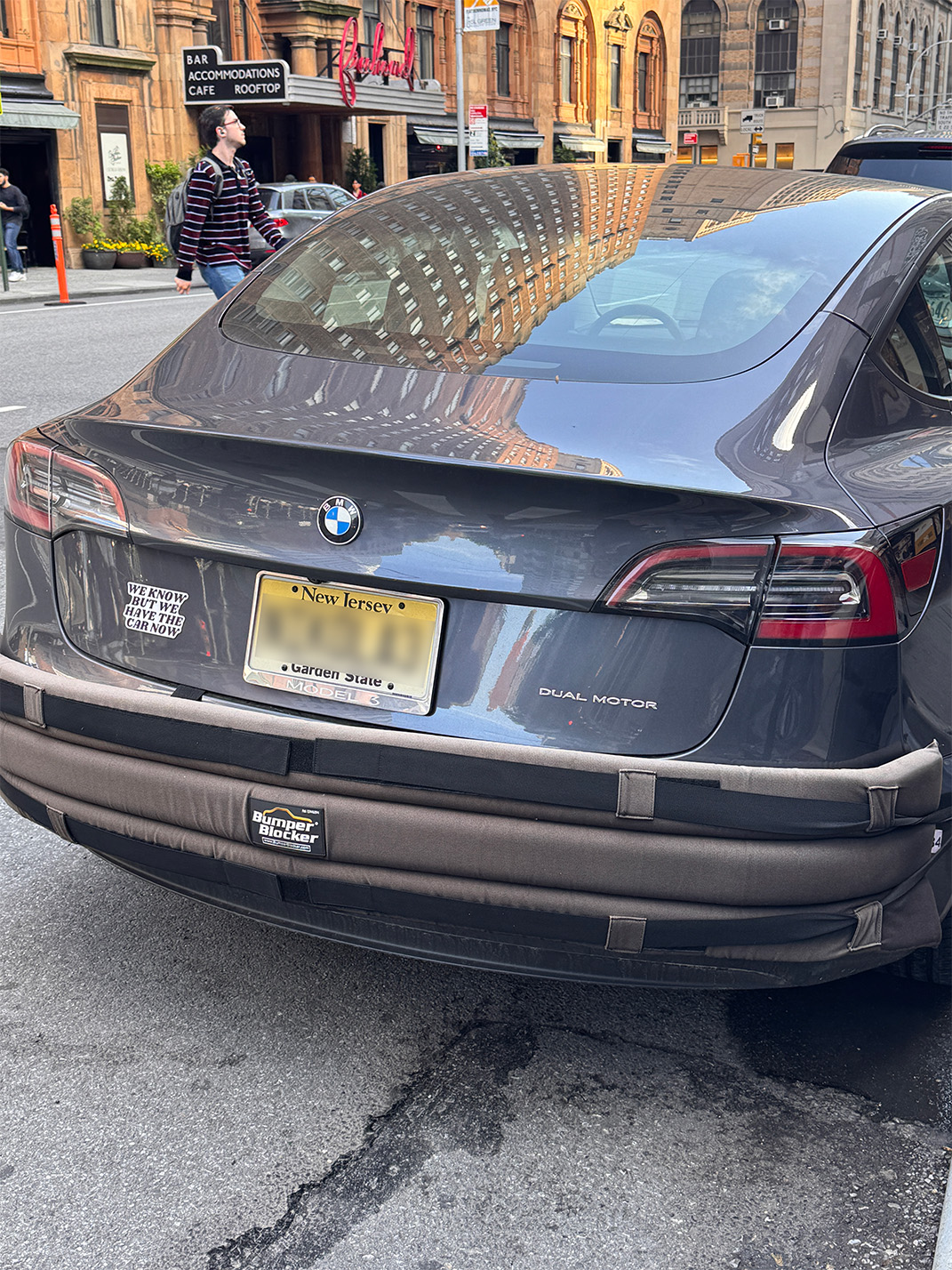
Elon Musk’s ability to dominate headlines has long been a driving force behind Tesla’s rise, along with his other three-dozen or so companies. For instance, what other CEO of a tunnel-digging company can you name?
However, his recent involvement in politics has added a new layer of complexity to Tesla’s brand image, one that many drivers and investors are struggling to reconcile.
Musk's pet initiative — DOGE, which is aimed at cutting bureaucratic waste through rapid, tech-driven restructuring — has drawn both praise and criticism. To some it's a bold step toward modernizing government operations, while to others it's yet another Musk-led experiment with unpredictable consequences.
Political affiliations aside, the spillover effects for Tesla have been immediate. Customers, shareholders, and even some Tesla employees are questioning whether Musk’s government involvement distracted him from Tesla’s core business. In an attempt to distance themselves ideologically, some Tesla owners have covered up Tesla badges on their cars. (Personally, I've been getting a kick out of the "We Bought This Before Elon Was Crazy" bumper stickers.)

Long before jumping headfirst into politics (cheese hat and all), Musk’s unpredictable antics have caused wild swings in Tesla’s stock price. But following his announcement of his involvement in DOGE, Tesla’s stock dropped by nearly 9% in a single day, as investors feared it signaled divided attention.
While previously enjoying almost cult-like devotion from Tesla drivers, a recent survey found that 30% of owners are considering de-badging or selling their vehicles. Meanwhile, sales have plunged worldwide with July 2025 marking the seventh consecutive month of declining sales. (In comparison, Chinese EV maker BYD's sales surged 225% in Europe this year).
Elon Musk’s decision to turn his attention to DOGE raised serious questions about the future of Tesla’s innovation pipeline. While Musk has always maintained a diverse portfolio of interests, ranging from SpaceX to Neuralink, his government involvement marks a significant shift.
The company has already faced high executive turnover, with several key engineers reportedly leaving due to concerns over Musk’s shifting focus. The DOGE distraction will likely further cripple Tesla’s ability to retain talent, secure regulatory approvals, and maintain customer loyalty.
Musk’s case offers critical lessons for business leaders who leverage personal branding:
Personal brand and corporate brand should be distinct
Musk’s deep association with Tesla is now working against it, undoing a huge amount of the brand equity he has managed to build. Leaders should ensure their companies have an identity that can stand independently.
Political involvement can alienate customers
Regardless of intent, aligning a corporate leader with government operations risks creating brand divisions among consumers. (The discussion about whether brands should speak out on social issues is a whoooooooole other blog post).
Crisis communication is essential
Tesla has struggled to address growing customer concerns about the brand’s direction, and anything they have managed to communicate has been drowned out by Musk's unpredictable antics. A robust communication strategy is critical for damage control.
Brand perception directly impacts product loyalty
The fact that Tesla owners are removing and covering up the brand badges on their cars signals a reputation problem that is already impacting sales and resale values.
Musk’s venture into DOGE has added another unpredictable twist to his legacy. While some celebrate his push for bureaucratic reform, the long-term impact on Tesla’s brand, customer base, and financial stability is impossible to ignore. Musk and Tesla are indelibly linked, for better and for worse, in sickness and in health.
For Tesla, the key challenge ahead will be rebuilding trust — not just in its cars, but in its ability to thrive beyond Musk’s personality-driven influence.